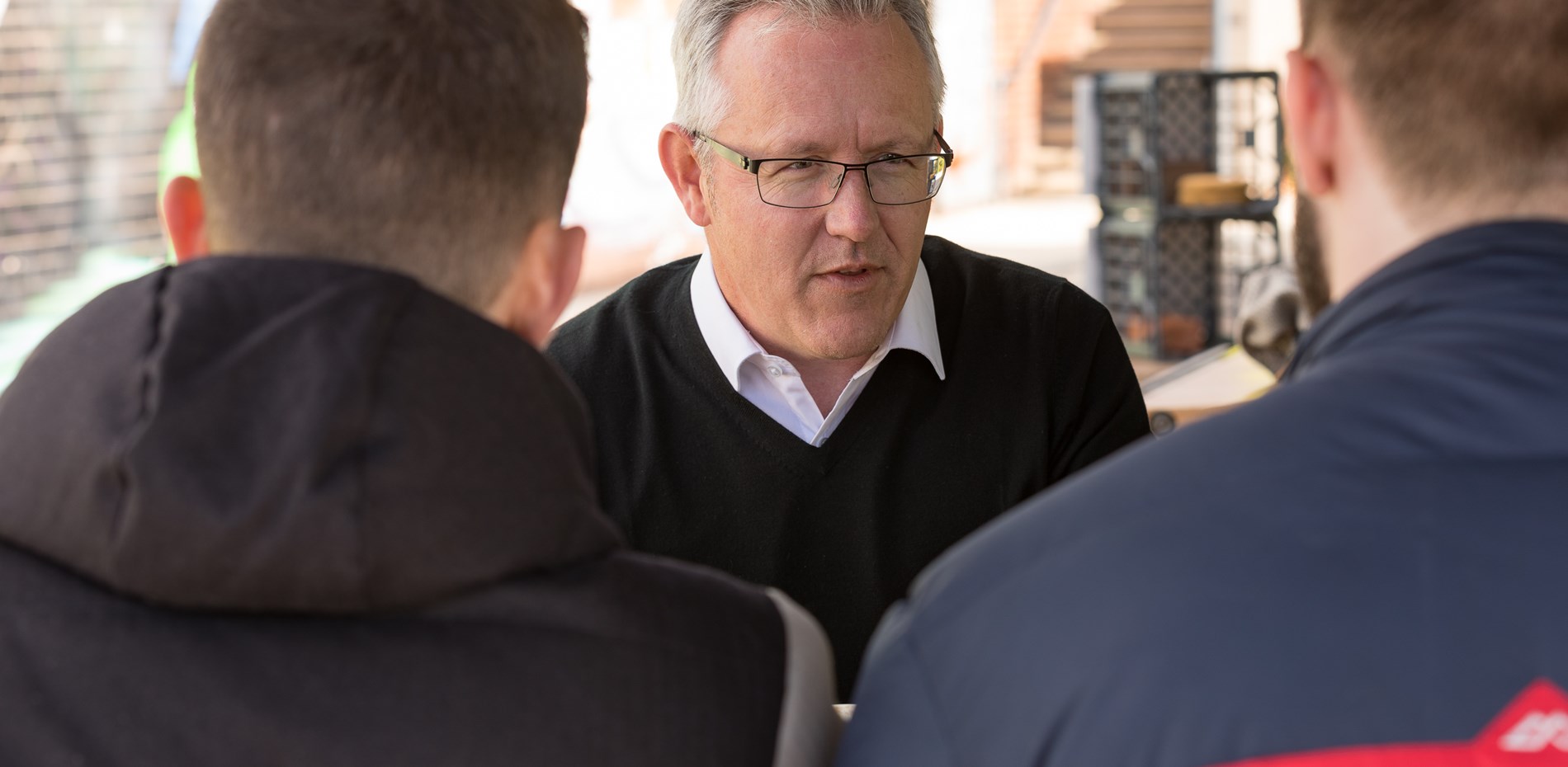Men’s Health Week is held every year between 14 and 20 June.
Although the week has obscure origins in the US Congress in 1994, it has gradually been adopted around the world as a chance to recognise that talking about men’s health is important and to try to better tackle the particular health issues that men are faced with throughout their lives.
Any chance to discuss men’s health is one that I will always take. As boys, society has long encouraged us to just brush things off and get on with it. I think that this generation of parents is a little better in this regard. Nevertheless, it is always a good time to talk about our health.
Men and women face many of the same health issues and it is important to recognise this. Although there is some generalising in what I am saying, it is broadly true that women are better at discussing health issues and it is reflected in the success of campaigns related to cancers specific to women.
We have such a long way to go to get to where we need to in dealing with prostate, testicular and other male cancers.
Mental health is a massive issue for many men throughout their life. According to Beyond Blue men make up an average seven out of every nine suicides every single day in Australia. The number of men who die by suicide in Australia every year is nearly double the national road toll.
Our mental health stems from a number of external and internal things and can manifest itself in different ways. As a society we are getting better at recognising that mental health is important. As individuals it can be harder to deal with, but an important place to start is that you don’t have to deal with mental health challenges on your own. There are many supports out in the community now and no one should feel ashamed in using those supports.
I would like us to get to a place in society where mental health supports such as psychology should be used as a tool to keep us well mentally and not just used when there is something wrong. This will require a fundamental shift in thinking, but could be part of a broader discussion about mental health wellness. Mental health wellness means doing all of the things we know that keeps us healthy generally; diet, exercise, socialising and keeping connected.
There are also different health challenges that we are being faced with in the new digital era we live in. Bullying is not anything new, but now bullying doesn’t stop at the school fence. Many young people face bullying on their screens. There are also many other threats that are presented by the ubiquity of the internet. Our children’s safety is paramount and more needs to be done across society to fix this.
Creating healthier boys and men will create healthier and happier families and better and safer communities.
As with all of these topics, while talking is important, talking is only the first step. We need policy action and a public policy dedication to the ongoing health support for our men and boys.
I believe and Labor believes that having a healthy population is not just up to the individual it is a collective responsibility. We all look after each other and we look out for each other. That is why we have Medicare and a universal health system. No one should be on their own on their health journey.
We all know the health issues and statistics and can easily become despondent about things, but if we turn our thinking around and think about all the positive things we can do to make our health better. We as men need to step up to the plate and take responsibility for our health. Going to the doctor when we think something might be awry, getting regular check-ups to make sure nothing is missed, being on-top of our mental health, exercising and having a healthy diet.
Our health professionals do a great job of looking after us, but the system needs to do better to support our health workers. I pay tribute to all the nurses, doctors and the myriad of other health workers who work tirelessly to keep us well. Thank you.
Lastly a shout out to the Men’s Sheds and organisations working to improve men’s health and well-being.
If this article has raised concerns for you, you can contact Lifeline on 13 11 14 or Beyond Blue on 1300 22 4636



